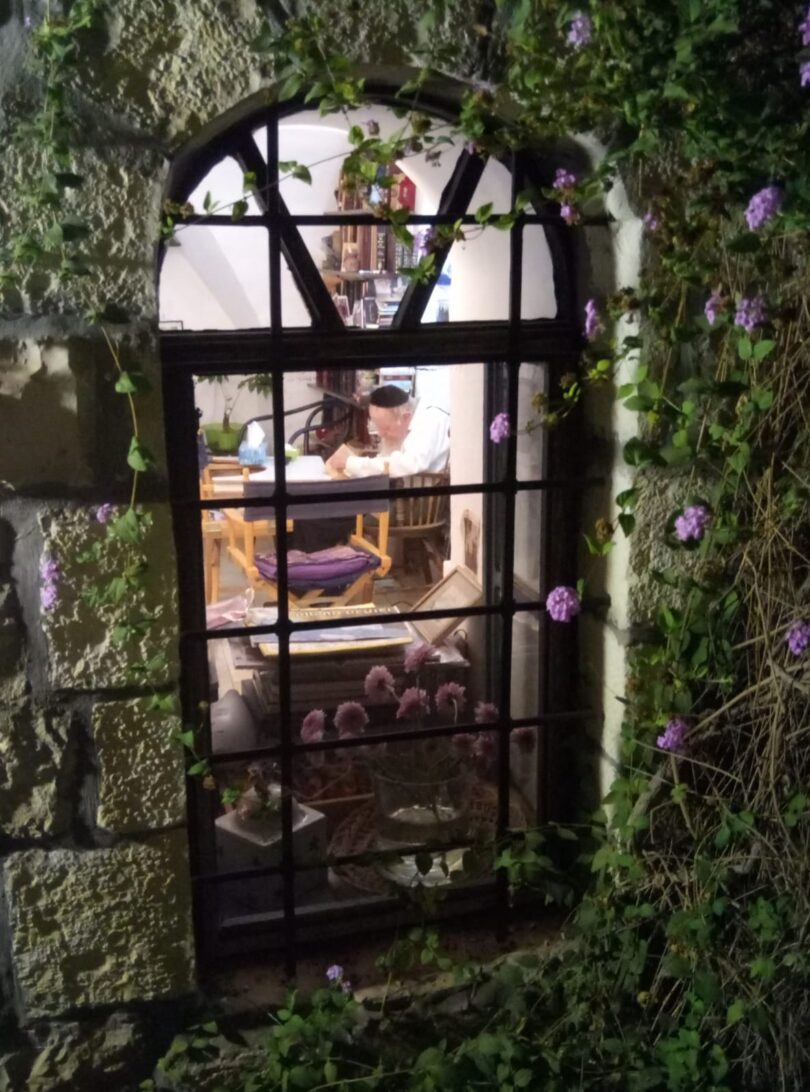When remorse is sincere, it penetrates to the roots of things, reaching one’s whole value system, in its full scope.
When a person looks at himself, it is easy for him to reach the conclusion that on the whole, he is not a bad person, an outlook that eliminates the possibility of comprehensive remorse.
Sometimes a person looks not at himself but at his father, rationalizing that since there are areas in which he is better than his father, it must be that he himself is sufficiently virtuous.
The formula, “we and our fathers have sinned,” expresses the idea that sometimes a person must confess not only his own sins but also those of his father, and sometimes even those of his ancestors before that.
When a person engages in comprehensive soul-searching, he should consider the possibility that his whole life has been full of bad decisions.
He must not only evaluate his actions within the framework of his value system, but also evaluate that value system itself.
When a person goes back to the very roots, he sees a completely different picture, in which the whole system can take on a different character.
This is what Pharaoh understands when he says, “I and my people are wicked.”
–Rabbi Adin Steinsaltz

